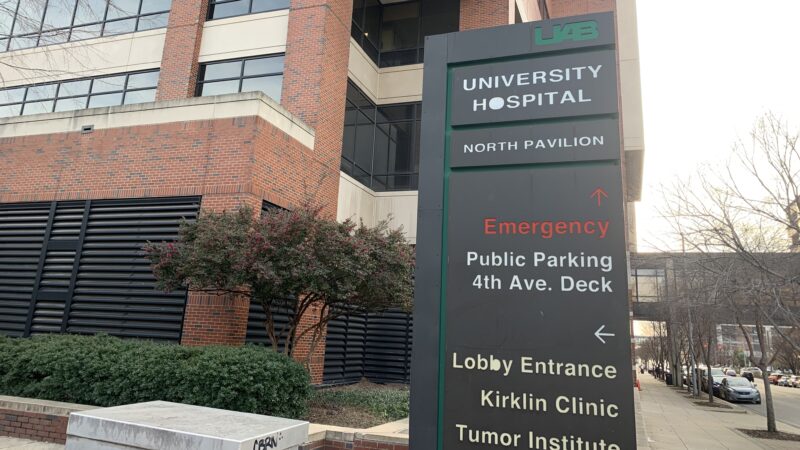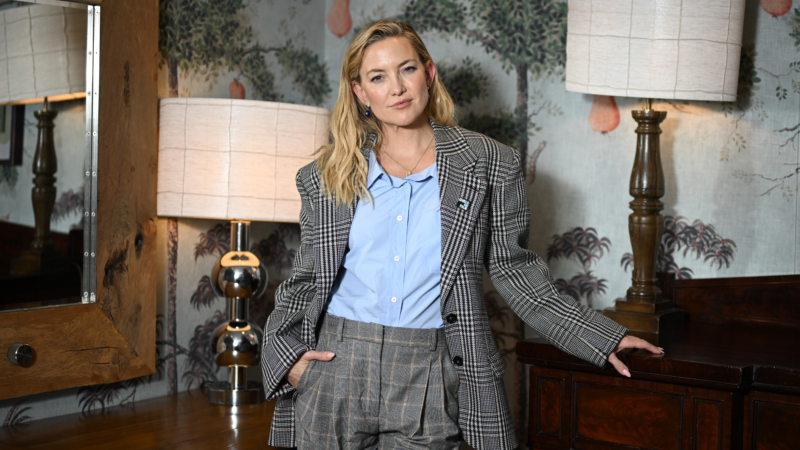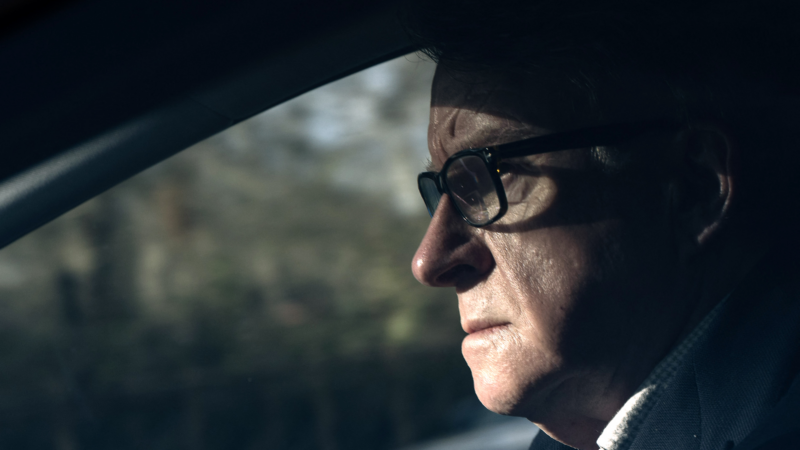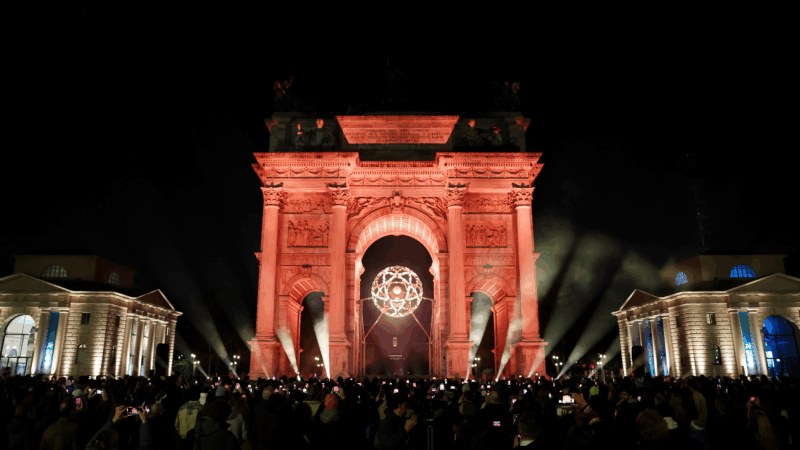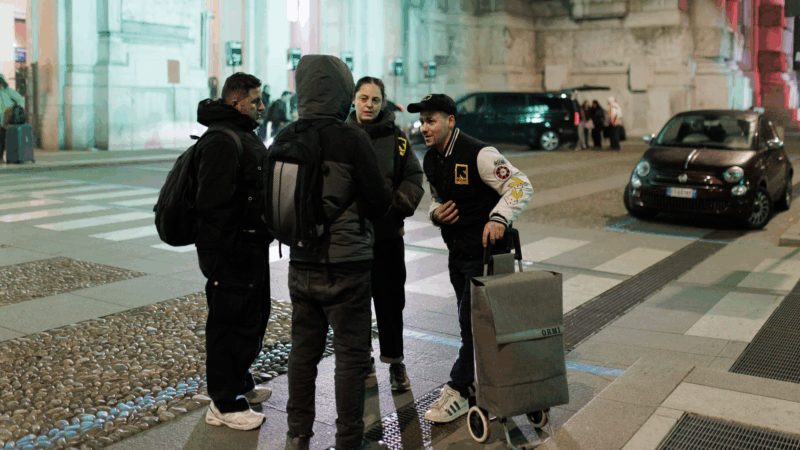UAB puts pause on IVF in wake of ruling saying frozen embryos are children
MONTGOMERY, Ala. (AP) — A large Alabama hospital has paused in vitro fertilization treatments Wednesday as health care providers weigh the impact of a state court ruling that frozen embryos are the legal equivalent of children.
The University of Alabama at Birmingham health system said in a statement that it must evaluate whether its patients or doctors could face criminal charges or punitive damages for undergoing IVF treatments.
“We are saddened that this will impact our patients’ attempt to have a baby through IVF,” the statement from spokeswoman Savannah Koplon read.
Other fertility treatment providers in the state were continuing to provide IVF.
The ruling by the all-Republican Alabama Supreme Court prompted a wave of concern about the future of IVF treatments in the state and the potential unintended consequences of extreme anti-abortion laws in Republican-controlled states. Patients called clinics to see if scheduled IVF treatments would continue, and providers consulted with attorneys.
Justices — citing language in the Alabama Constitution that the state recognizes the “rights of the unborn child” — said three couples could sue for wrongful death when their frozen embryos were destroyed in a accident at a storage facility.
“Unborn children are ‘children’ … without exception based on developmental stage, physical location, or any other ancillary characteristics,” Justice Jay Mitchell wrote in Friday’s majority ruling.
Mitchell said the court had previously ruled that a fetus killed when a woman is pregnant is covered under Alabama’s Wrongful Death of a Minor Act and nothing excludes “extrauterine children from the Act’s coverage.”
The ruling brought a rush of warnings about the potential impact on fertility treatments and the freezing of embryos, which had previously been considered property by the courts. Groups representing both IVF treatment providers and patients seeking fertility treatments raised alarm about the decision.
Patients were left wondering what that means for their futures.
Gabby Goidel, 26, who is pursuing IVF treatment in Alabama after three miscarriages, told The Associated Press that the court ruling came down on the same day she began daily injections ahead of egg retrieval.
“It just kind of took me by storm. It was like all I could think about, and it was just a very stressful thing to hear. I immediately messaged my clinic and asked if this could potentially halt us. They said we have to take it one day at a time,” Goidel said.
Barbara Collura, the CEO of RESOLVE: The National Infertility Association, told the AP Tuesday that the ruling raises questions for providers and patients, including if they can freeze future embryos created during fertility treatment or if patients could ever donate or destroy unused embryos.
The Alabama Supreme Court decision partly hinged on anti-abortion language added to the Alabama Constitution in 2018, stating it is the “policy of this state to ensure the protection of the rights of the unborn child.”
Eric Johnston, an anti-abortion activist and lawyer who helped draft the constitutional language, said the “purpose of that was more related to abortion.” He said it was intended to clarify that the Alabama Constitution does not protect the right to abortion and eventually laid the groundwork for Alabama to ban abortions when states regained control of abortion access.
“Modern science has raised up this question about well is a fertilized egg that is frozen — is that a person? And that’s the ethical, medical, legal dilemma that we’ve got right now. … It’s a very complicated issue,” Johnston said.
However, opponents of the constitutional amendment warned in 2018 that it was essentially a personhood measure that could give rights to fertilized eggs.
Kate Hudson on regret, rom-coms and finding a role that hits all the notes
Hudson always wanted to sing, but feared it would derail her acting career. Now she's up for an Oscar for her portrayal of a hairdresser who performs in a Neil Diamond tribute band in Song Sung Blue.
A powerful winter storm is roiling travel across the northeastern U.S.
Forecasters called travel conditions "extremely treacherous" and "nearly impossible" in areas hit hardest by the storm, and air and train traffic is at a standstill in many parts of the region.
U.K. arrests ex-ambassador to the U.S. on suspicion of misconduct over Epstein ties
Police have arrested Peter Mandelson, a veteran Labour Party politician who served as British ambassador to the U.S., as part of an investigation into his ties with Jeffrey Epstein.
What NPR reporters will remember most about these Winter Olympics
NPR's reporters on the ground in Italy reflect on a far-flung, jam-packed Winter Olympics.
In the shadow of the Olympics, migrants search for a welcome in Milan
As Italy cracks down on migration, Milan takes a different path — offering shelter and integration to asylum seekers even as the central government tightens borders and funds deterrence abroad.
Trump to raise global tariffs. And, most say the state of the union is weak, poll says
President Trump says he is raising global tariffs to 15%. And ahead of the president's address tomorrow, most Americans say the state of the union is not strong, according to an NPR poll.

